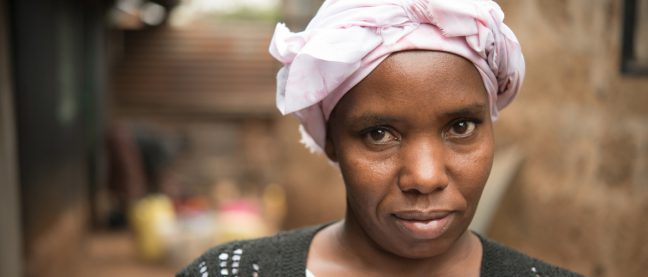Gender inequality is one of the oldest and most pervasive forms of inequality in the world. It denies women their voices, devalues their work and make women’s position unequal to men’s, from the household to the national and global levels.
Despite some important progress to change this in recent years, in no country have women achieved economic equality with men, and women are still more likely than men to live in poverty.
Lower-paid, unpaid, undervalued: gender inequality in work
- Low wages. Across the world, women are in the lowest-paid work. Globally, they earn 23 percent less than men and at the current rate of progress, it will take 170 years to close the gap. 700 million fewer women than men are in paid work.
- Lack of decent work. 75 percent of women in developing regions are in the informal economy – where they are less likely to have employment contracts, legal rights or social protection, and are often not paid enough to escape poverty. 600 million are in the most insecure and precarious forms of work.
- Unpaid care work. Women do at least twice as much unpaid care work, such as childcare and housework, as men – sometimes 10 times as much, often on top of their paid work. The global value of this work each year is estimated at $10 trillion – which is equivalent to one-eighth of the world’s entire GDP.
- Longer work days. Women work longer days than men when paid and unpaid work is counted together. That means globally, a young woman today will work on average the equivalent of four years more than a man over her lifetime.
Increasing women’s economic equality would reduce poverty for everyone
Gender inequality in the economy costs women in developing countries $9 trillion a year – a sum which would not only give new spending power to women and benefit their families and communities, but would also provide a massive boost to the economy as a whole.
Countries with higher levels of gender equality tend to have higher income levels, and evidence from a number of regions and countries shows closing the gap leads to reduction in poverty.
In Latin America for instance, an increase in the number of women in paid work between 2000 and 2010 accounted for around 30 percent of the overall reduction in poverty and income inequality.
Supporting women to have access to quality and decent work and improve their livelihoods is therefore vital for fulfilling women’s rights, reducing poverty and attaining broader development goals.
Women’s economic empowerment is a key part of achieving this. We need a human economy that works for women and men alike, and for everyone, not just a few.
Read Oxfam’s report “An economy that works for women”
Oxfam and women’s rights
Oxfam helps women realise their rights and overcome the discrimination they face. Find out more about our work.
